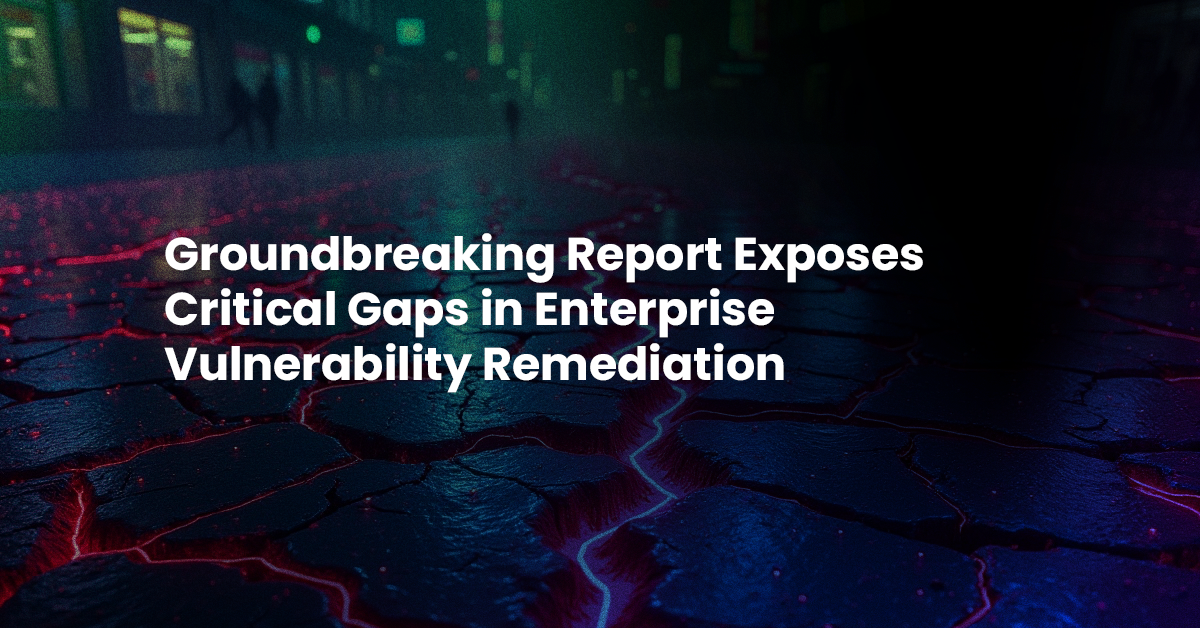ActiveState’s Groundbreaking Report Exposes Critical Gaps in Enterprise Vulnerability Remediation
March 6, 2025
Press Release
The 2025 State of Vulnerability Management & Remediation Report Reveals that Reactive Approaches and Skills Shortages Plague Organizations [Vancouver, BC] – [March 6, 2025] Today, ...
Read More
ActiveState Delivers Market-First Vulnerability-Management-as-a-Service for Securing the Open Source Software Supply Chain
February 6, 2025
Press Release
ActiveState’s Application Security Posture Management (ASPM) platform combines game-changing intelligent remediation capabilities with industry best practice service and support VANCOUVER, BC – Feb 6 – ...
Read More
ActiveState Unveils Open Source Management Platform to Automate Software Supply Chain Security, Boosting Developer Agility and Centralizing Governance and Visibility of Open Source In Use Across the Organization
November 13, 2024
Press Release
Reimagined platform unifies software supply chain security and simplifies governance, dependency, vulnerability, and license management into a single DevSecOps platform ActiveState is redefining open source ...
Read More
ActiveState joins Python Software Foundation’s Trusted Publishing Initiative to Enhance the Integrity of Python Packages as Part of Its Mission to Secure Open Source Supply Chains
May 16, 2024
Press Release
As a Trusted Publisher on the Python Package Index (PyPI), ActiveState empowers developers with unrivaled open source management capabilities and mitigates escalating supply chain risks. ...
Read More
ActiveState Unveils Industry’s First Continuous Code Refactoring Service For Automating Upgrades to Python Libraries
May 1, 2024
Press Release
Get Current, Stay Current Empowers Organizations to Easily Update Software Dependencies Without Breaking Changes or Sacrificing Developer Productivity, Eliminating Security Vulnerabilities from Outdated Open Source ...
Read More
ActiveState Appoints Steven Ruggieri as Chief Revenue Officer and Moris Chen as Vice President of Customer Success
April 10, 2024
Press Release
Company Adds Seasoned Experts with Track Record of Driving Growth, Innovation, and Customer Satisfaction in the Software and Open Source markets. VANCOUVER, BC – April ...
Read More
ActiveState Welcomes New CEO Stephen Baker to Lead the Future of Secure Open Source Integration
January 16, 2024
Press Release
The best way to avoid remediating vulnerabilities is to start with a non-vulnerable codebase. Learn the best practices to starting secure.
Read More
Vertu Capital Acquires Secure Open Source Integration Platform Company, ActiveState
November 7, 2023
Press Release
Vertu Capital, a private equity firm investing in global software and software-enabled technology companies, is pleased to announce its acquisition of ActiveState Software Inc. (“ActiveState”), ...
Read More
ACTIVESTATE ENABLES SECURE OPEN SOURCE INTEGRATION FOR DEVELOPERS AMID CHANGING US REGULATIONS
June 27, 2023
Press Release
Deterministic build and provenance capabilities combined with new book release give security professionals an actionable path to supply chain security VANCOUVER, BC, June 27, 2023 /PRNewswire/ — ...
Read More
Alongside SLSA 1.0 Stable Release & EO 14028 Requirements, ActiveState Deploys Signed Attestations and SBOMs for Complete Provenance
April 26, 2023
Press Release
ActiveState enables organizations to achieve Level 3 SLSA compliance through a hardened build service and automatically generated Provenance VANCOUVER, BC, April 26, 2023 /PRNewswire/ — Today, ActiveState announced ...
Read More
ActiveState Strengthens Open Source Supply Chain Security by Offering its Market-Leading Artifact Repository at No Cost
December 14, 2022
Press Release
ActiveState has opened up its artifact repository feature free of charge to all its platform user tiers.
Read More
ActiveState Enables Software Vendors to Comply with White House Orders for Securing the Software Supply Chain
November 10, 2022
Press Release
ActiveState Delivers the First Open Source Software Development Platform to Include Attestations in its Supply Chain Security Lineup
Read More



